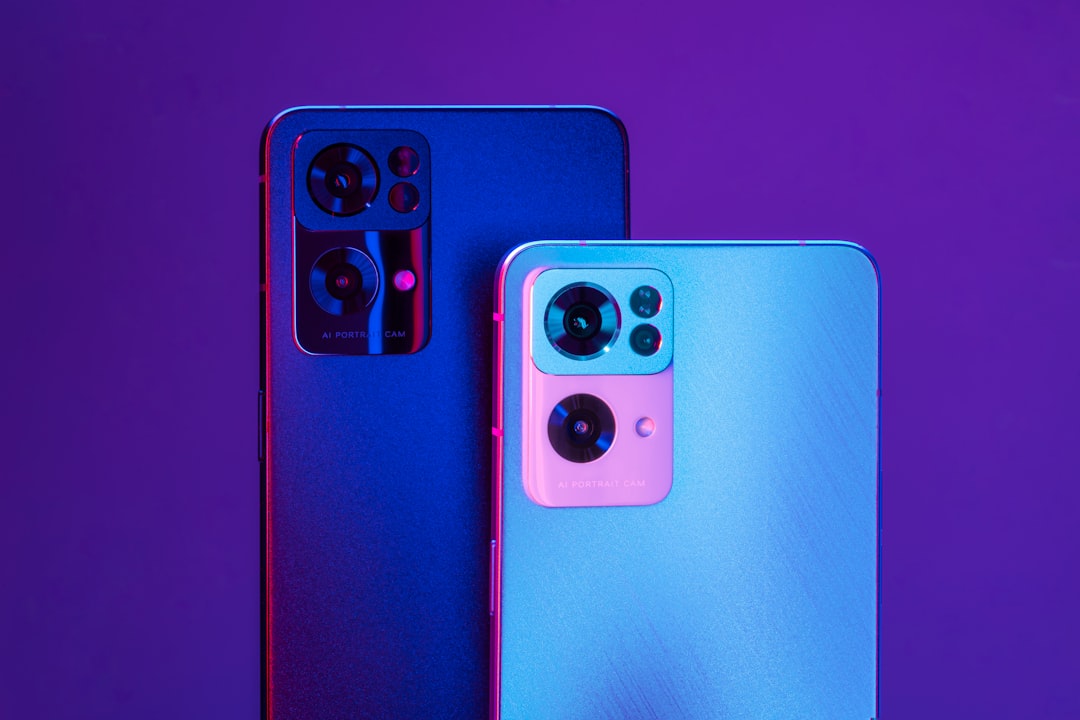Ohio's strict "Do Not Call" laws protect residents from unwanted telemarketing. Businesses must secure explicit consent before making sales calls, facing severe consequences for non-compliance. Machine Learning (ML) algorithms analyze extensive datasets to identify patterns of unauthorized calls, helping Do not call lawyers and attorneys Ohio maintain compliance with legal boundaries. ML systems automate screening and blocking processes, minimizing accidental violations and ensuring authorized calls reach consumers while delivering quality legal services. Implement ML to proactively detect and prevent Do Not Call violations in Ohio, protecting consumer rights and revolutionizing how law firms uphold accountability.
In Ohio, “Do Not Call” laws are designed to protect residents from unwanted telemarketing calls. However, enforcing these regulations can be a complex and resource-intensive task for law firms and attorneys specializing in this area. This article explores the critical role of machine learning (ML) in identifying Do Not Call violations. We discuss the challenges faced by Do not call lawyers Ohio and Do not call attorneys Ohio, and how ML offers a powerful tool for compliance, enabling efficient detection and resolution of violations from within Do not call law firms Ohio.
Understanding Do Not Call Laws in Ohio

In Ohio, the “Do Not Call” laws are designed to protect residents from unwanted telemarketing calls and sales pitches. These regulations are vital in ensuring consumers can enjoy peace and quiet in their homes without being bombarded by unsolicited phone calls. The laws stipulate that businesses must obtain explicit consent before making telemarketing calls to Ohio residents, and failure to comply can result in severe penalties for the offending company or do not call lawyer Ohio. Residents who feel their rights have been violated can file complaints with the Ohio Attorney General’s office, which takes such matters seriously.
Ohio’s Do Not Call laws are enforced by the Ohio Division of Securities, which works to safeguard consumers from deceptive practices. If you’re a do not call attorney Ohio or represent a do not call law firm Ohio, understanding these regulations is crucial. Businesses must also comply with the National Do Not Call Registry, which further restricts calls to numbers registered on the list. Violations can lead to legal action against do not call lawyers Ohio, fines, and other penalties, emphasizing the need for strict adherence to these consumer protection laws.
The Challenges of Monitoring and Enforcing These Regulations

Monitoring and enforcing do-not-call regulations in Ohio presents several challenges, particularly with the ever-evolving landscape of telemarketing and consumer protection laws. One of the primary difficulties lies in the vast number of calls made daily and the diverse range of businesses engaged in these practices. Traditional methods often fall short in keeping up with the volume, leading to potential violations that go unnoticed.
Additionally, staying compliant requires a deep understanding of state-specific rules, which can be complex and subject to change. Consumers in Ohio, like many other states, have specific rights and protections, including the ability to register their phone numbers on do-not-call lists. However, ensuring that businesses honor these preferences and adhere to regulations is a constant task, especially with sophisticated call routing systems and automated dialing technologies. This is where machine learning steps in as a powerful tool to streamline the process, enhance accuracy, and keep up with the dynamic nature of telemarketing practices across Ohio.
Machine Learning: A Powerful Tool for Compliance

Machine Learning (ML) is transforming industries across the globe, and compliance within regulated sectors is no exception. In the case of Ohio’s Do Not Call laws, ML offers a powerful tool to identify and prevent violations effectively. By leveraging advanced algorithms, ML systems can analyze vast datasets, including call records, consumer preferences, and historical data, to spot patterns indicative of unauthorized calls. This capability is crucial for do not call lawyer Ohio and do not call attorneys Ohio firms aiming to maintain compliance while reaching potential clients.
For do not call law firms Ohio, ML can automate the process of screening and blocking calls that breach legal boundaries. These systems learn from each interaction, continuously improving their accuracy. As a result, they minimize the risk of accidental violations and ensure that only authorized calls reach consumers. With ML, do not call lawyers Ohio professionals can focus on providing quality legal services while maintaining strict adherence to state regulations.
Implementing ML Systems for Effective Do Not Call Violation Identification

Implementing Machine Learning (ML) systems offers a highly effective approach to identifying Do Not Call violations in Ohio. ML algorithms can analyze vast datasets containing consumer information, call records, and company data to detect patterns indicative of unlawful telemarketing practices. By learning from these patterns, the models can accurately predict and flag potential violations, ensuring compliance with Ohio’s strict Do Not Call laws. This proactive method allows do not call lawyer Ohio, attorneys, and law firms to stay ahead of regulations and protect consumers’ rights.
These ML systems can continuously learn and adapt as new data becomes available, enhancing their accuracy over time. They can identify subtle deviations from compliant calling practices, which may be missed by traditional methods. With the ability to process and interpret complex data, these algorithms provide valuable support for do not call lawyers Ohio in their efforts to uphold consumer privacy and prevent unwanted telemarketing calls. This technology revolutionizes the way do not call attorneys Ohio and law firms navigate compliance, ensuring they remain accountable and respectful of consumers’ preferences.






